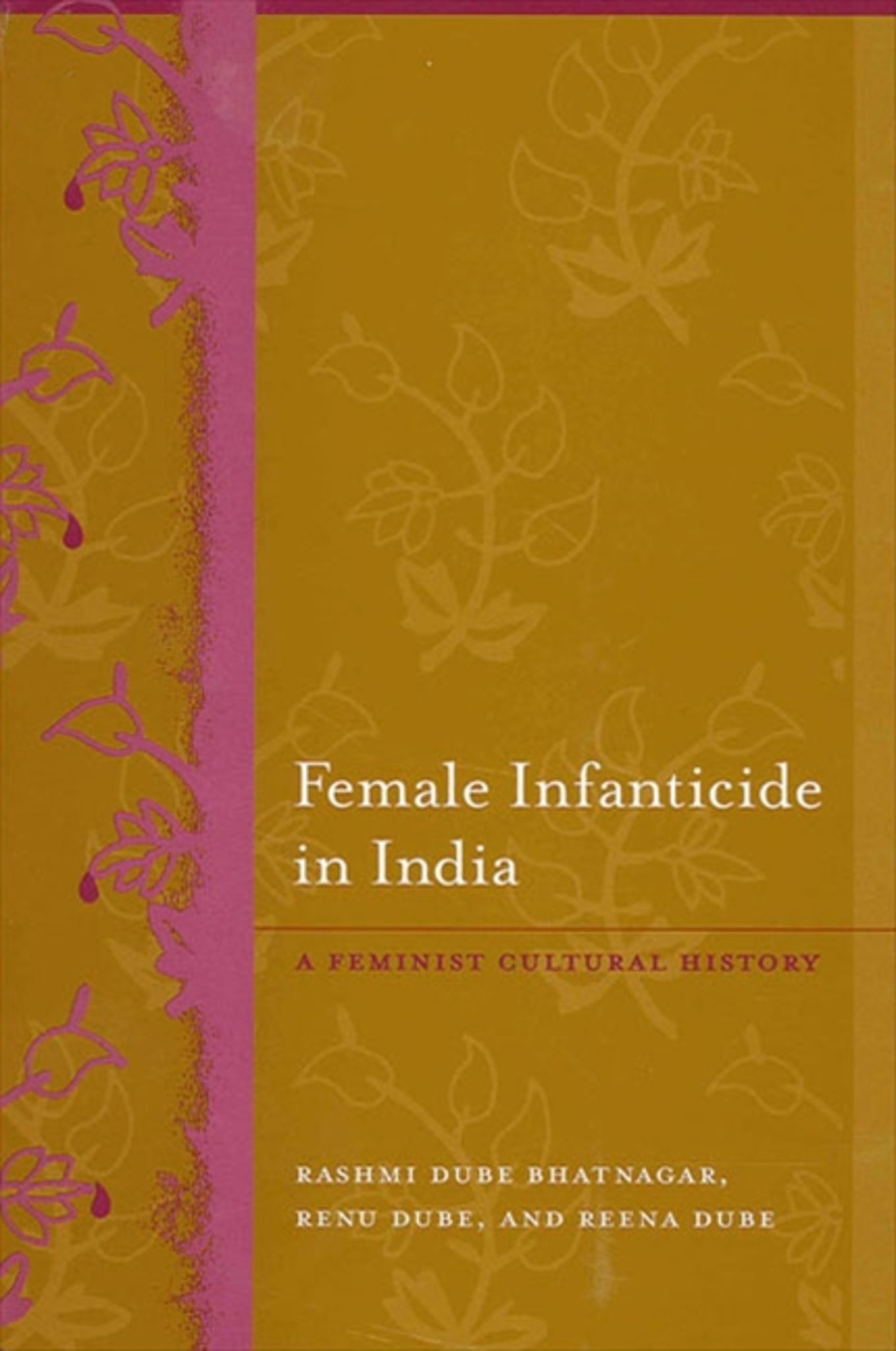We're sorry. An error has occurred
Please cancel or retry.
Female Infanticide in India

Some error occured while loading the Quick View. Please close the Quick View and try reloading the page.
Couldn't load pickup availability
- Format:
-
27 January 2005

Examines female infanticide in colonial and postcolonial India.
Female Infanticide in India is a theoretical and discursive intervention in the field of postcolonial feminist theory. It focuses on the devaluation of women through an examination of the practice of female infanticide in colonial India and the reemergence of this practice in the form of femicide (selective killing of female fetuses) in postcolonial India. The authors argue that femicide is seen as part of the continuum of violence on, and devaluation of, the postcolonial girl-child and woman. In order to fully understand the material and discursive practices through which the limited and localized crime of female infanticide in colonial India became a generalized practice of femicide in postcolonial India, the authors closely examine the progressivist British-colonial history of the discovery, reform, and eradication of the practice of female infanticide. Contemporary tactics of resistance are offered in the closing chapters.


Preface
Acknowledgments
1. The Practice of Femicide in Postcolonial India and the Discourse of Population Control within the Nation State
2. Center and Periphery in British India: Post-Enlightenment Discursive Construction of Daughters Buried under the Family Room
3. Social Mobility in Relation to Female Infanticide in Rajput Clans: British and Indigenous Contestations about Lineage Purity and Hypergamy
4. A Critical History of the Colonial Discourse of Infanticide Reform, 1800–1854
Part I: Infanticide Reform as Extra-Economic Extraction of Surplus
5. A Critical History of the Colonial Discourse of Infanticide Reform, 1800–1854
Part II: The Erasure of the Female Child under Population Discourse
6. Subaltern Traditions of Resistance to Rajput Patriarchy Articulated by Generations of Women within the Meera Tradition
7. The Meera Tradition as a Historic Embrace of the Poor and the Dispossessed
Appendix: The Baee Nathee Case
Notes
Bibliography
Index



